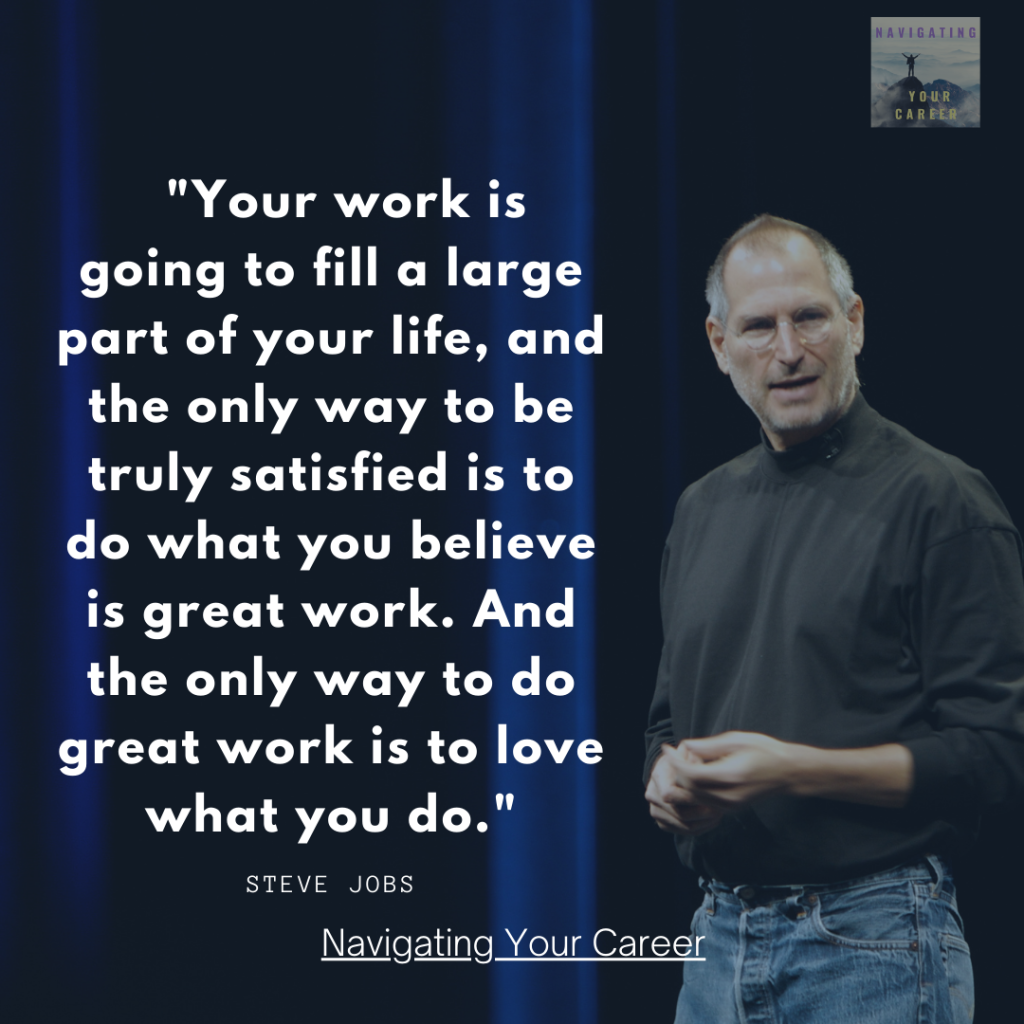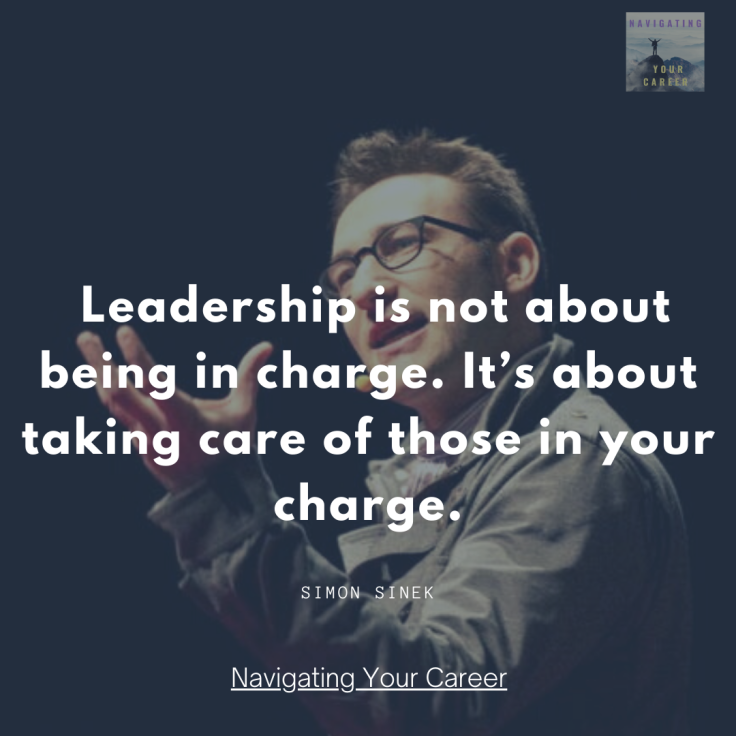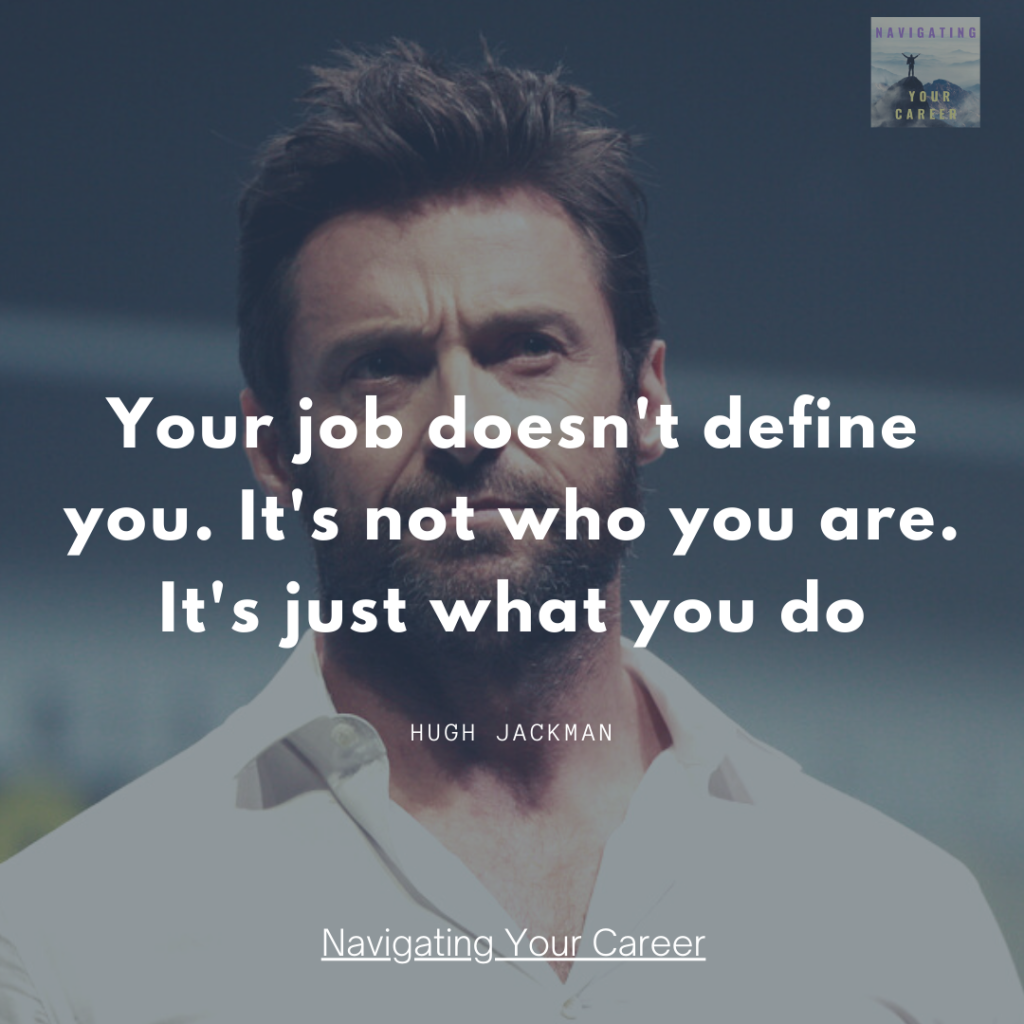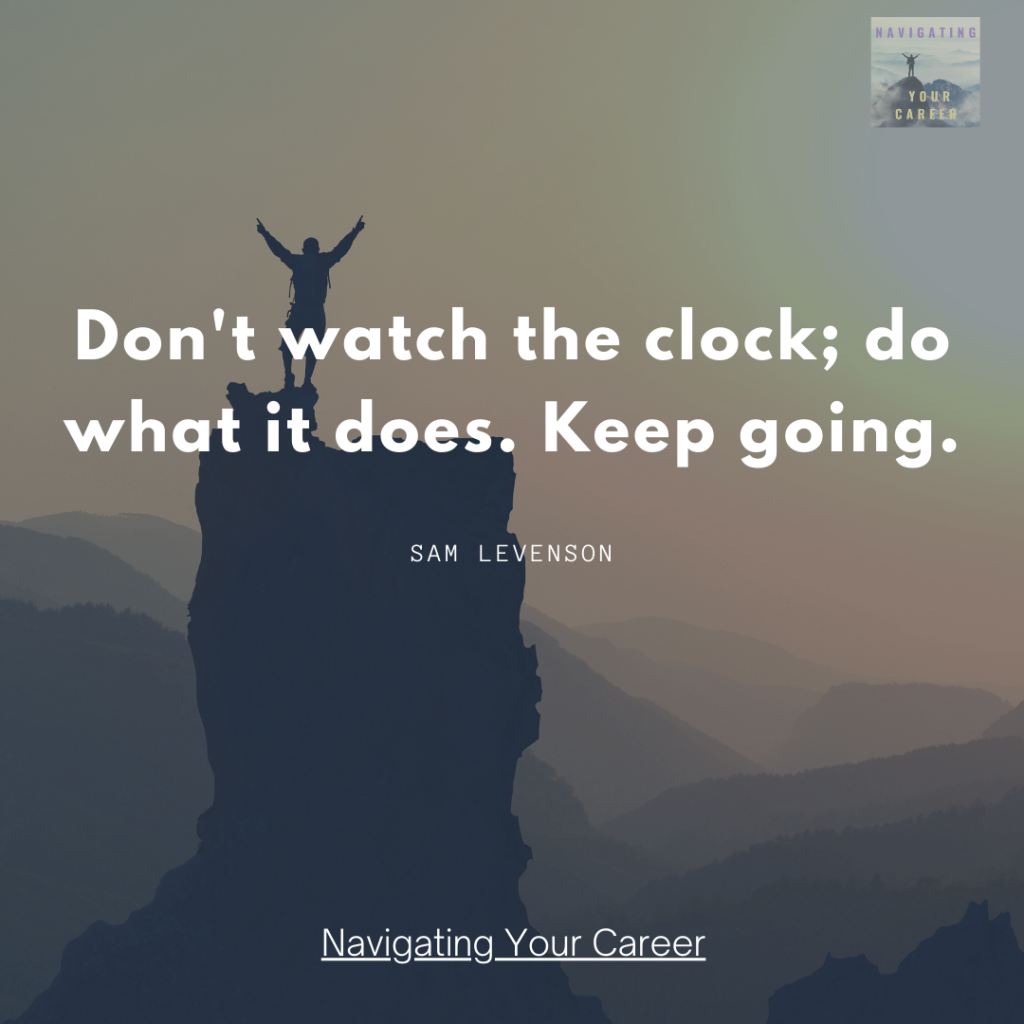As a school leaver, deciding on your career path can be daunting. With so many options available, it can be overwhelming to know where to start. However, the good news is that finding the right job for you doesn’t have to be a painful process. By answering some simple questions, you can identify your strengths, passions, and potential career paths. In this blog post, we’ll walk you through five important questions to help you discover the job that’s perfect for you.

Question 1: What is play for you, that is work for everyone else?
Think about the things you enjoy doing in your free time that others might not find enjoyable. Perhaps you love writing or coding, or you enjoy organizing events. These are all activities that could translate into a potential career path.

Question 2: If you didn’t have to make money, what would you actually want to do?
This question helps you identify your true passions. Even if it seems unrealistic, think about what you would do if you had unlimited time and resources. This can be a great starting point for exploring potential career paths.

Question 3: What kind of people do you get energy from, and where do you find those people?
Think about the people in your life who inspire and motivate you. Do you enjoy working with people who are creative and innovative, or do you prefer a more structured environment? By identifying the types of people, you enjoy being around, you can gain insight into what type of work environment might suit you best.

Question 4: In the next 5 years, how do you want to grow, and what do you want to learn?
Think about the skills you want to develop and the areas you want to improve in. This can help you identify potential career paths that will allow you to grow and learn over time.

Question 5: Who are five people in your life that you admire, and what are they doing?
This question helps you identify potential career paths by looking at the people you admire. Perhaps there’s someone in your life who has a job that seems interesting, or maybe you admire someone’s work ethic or creativity. By looking at the people you admire, you can gain insight into what kind of work you might enjoy.
By answering these five questions, you can gain a better understanding of your strengths, passions, and potential career paths. Remember, it’s okay if you don’t have all the answers right away. Your career path is a journey, and it’s okay to take time to explore and discover what you truly enjoy. With some self-reflection and a bit of research, you’ll be well on your way to finding the job that’s perfect for you.
#CareerPath #DreamJob #SchoolLeavers #CareerAdvice #SelfDiscovery
Please subscribe to receive my latest blog posts





















